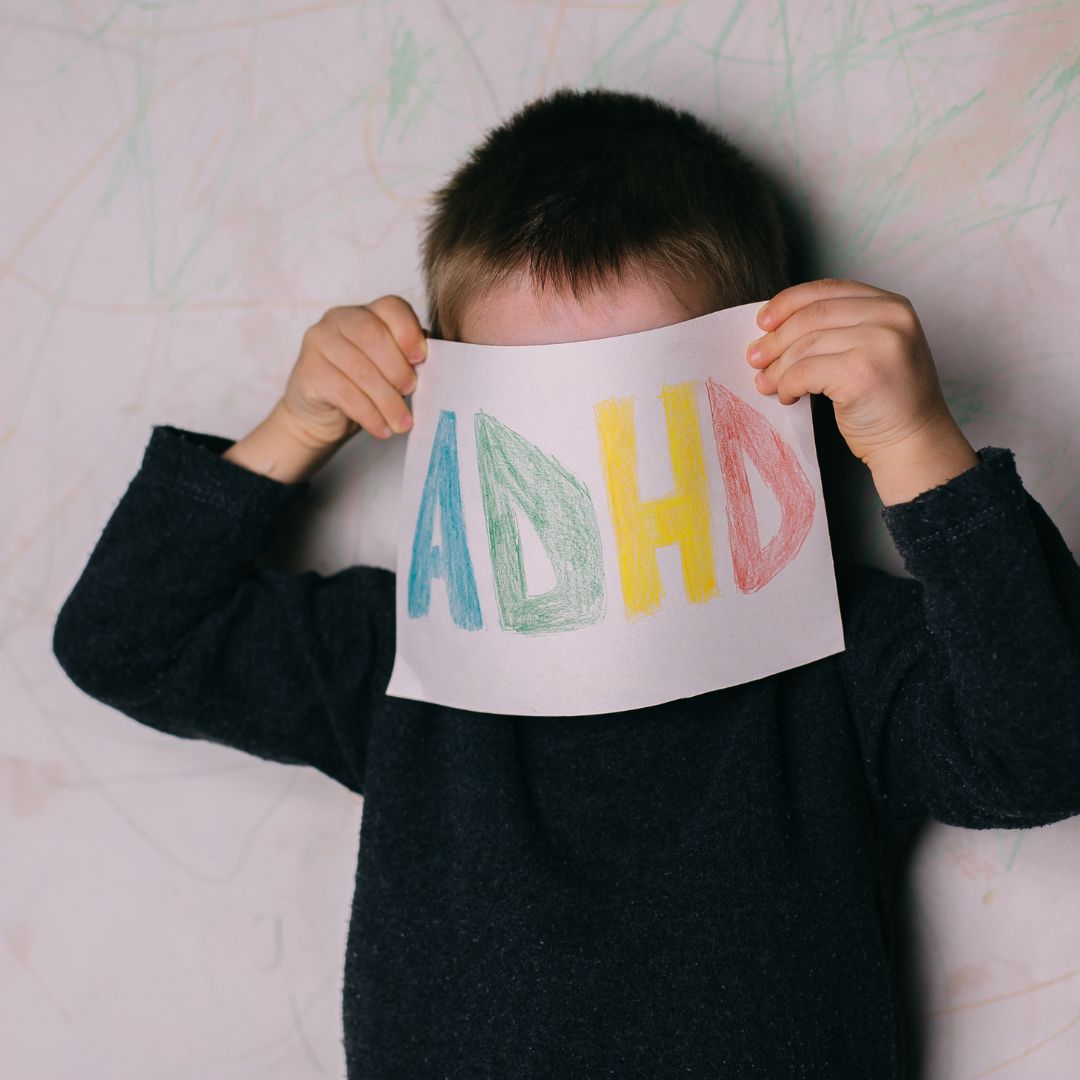Unlock Your Brain's Full Potential: How Homeopathy Can Boost Memory and Focus
Looking to sharpen your memory and boost focus naturally? Discover the power of homeopathy in our latest blog! Learn how remedies like Dandelion, Verbena, and Wild Lettuce can enhance cognitive health, reduce stress, and improve clarity
Learn moreHow To Help Manage Your Child’s ADHD Symptoms
Let’s face it, kids are full of energy. At times, it can seem like it’s hard to get them to pay attention for even a second, but when is their level of attention a problem? Today, more than 6.1 million children aged 2-17 years old in the United States suffer with Attention Deficit Hyperactivity Disorder (ADHD) making it a struggle for them to thrive in social and learning environments. However, while ADHD is one of the most common neurodevelopmental disorders of childhood, there are strategies and ways to help parents and children cope with it.
Learn moreHow To Determine if You Suffer From ADHD
By Dr. Peter Klapper Ph.D. At some point in your life, you may have struggled to pay attention in class or a meeting. Maybe even done something that seems impulsive like running across the street without looking. However, while this may be a rare occurrence for you, it’s something that about 6.1 million children in the United States with Attention Deficit Hyperactivity Disorder (ADHD) deal with daily. This disorder can interfere with all facets of life including social environments to school and work, which is why it’s important that we bring attention to ADHD during October, ADHD Awareness Month.What is ADHD?ADHD is a neurodevelopmental disorder that impacts the part of the brain that helps us focus, plan, and execute tasks. It tends to affect school-aged children and those who suffer with ADHD are known to experience developmentally inappropriate levels of inattention, impulsivity, and hyperactivity. That can look like struggling with time management, keeping things organized, missing important details, exaggerated emotions, struggling to control impulses and in general being hyperactive.Because ADHD has a lot of impact on the focus part of the brain, The American Psychiatric Association has identified three types that have different treatment approaches based on symptoms.ADHD TypesIn order for a child to be diagnosed with ADHD, they should have six or more symptoms of the disorder present. We’ve laid out the symptoms for each type below.Inattentive Type Struggles to pay attention to detail Makes careless mistakes Doesn’t listen to someone speaking Is easily distracted Loses things and is forgetful Forgetful in daily activities Avoids tasks that involve making an effort Struggles to stay organized Can’t follow through with instructions Hyperactive/Impulsive Type Talks too much or excessively Talks out of turn (blurting out) Interrupts others Struggles with waiting or taking turns Running or climbing at inappropriate times Acts as if they’re driven by a motor (always on the go) Fidgets and squirms Can’t sit still and needs to get up once seated Combined TypeAs stated above, this individual would have symptoms and meet the criteria from both inattentive and hyperactive/impulsive types.Treatment PlanOnce an ADHD type has been identified, it’s important to understand that ADHD currently doesn’t have a cure but a workable comprehensive approach that includes, medication, skills training, counseling, behavior therapy, educational support and most importantly – parent training.Parent training can encompass helping your child with creating a routine that they follow from wake to bedtime each day, an organized and planned schedule, managing distractions such as TV and background noise, limiting choices in order to help them feel less overwhelmed, reward charts to track positive behaviors and in general providing a healthy lifestyle including physical activity, nutritious foods and sufficient sleep.While it’s known to affect children, symptoms of ADHD can be carried into adulthood in more than three-quarters of cases. Treatment for adults tends to involve medication in the form of stimulants and psychological counseling.If you’re looking for a more natural approach to help you focus and have your ADHD under control, consider trying our natural brain performance enhancer, Focus More. It helps improve brain power and cognitive ability especially if you struggle from lack of attention, focus, or brain fog.
Learn moreIs it ADHD, Anxiety, or Both?
Close to 50 percent of adults with ADHD also have an anxiety disorder, according to the Anxiety and Depression Association of America. Sometimes the anxiety is a result of living with ADHD and worrying about the toll that your symptoms can take on you day-to-day. Other times, anxiety can exist independently of your ADHD and its symptoms.
Learn moreDo You Have Difficulty Paying Attention?
By Dr. Peter Klapper Ph.D.When an imbalance occurs in the mind-brain connection, the result is the affected person has difficulty paying attention. Focusing at school, work, or simply on common tasks becomes a challenge. A modern and commonly referenced term for this condition is attention deficit disorder or ADD.Treatment options vary from meditation to plant medicine to pharmaceuticals. It is up to the individual to determine which treatment option best suits their lifestyle, but the objective should always be to bring balance back to life. Enhancing brain function can be a good conduit to achieving this objective.To ease symptoms from attention deficit, I have found plant medicine to be highly effective, safe, and non-addictive. The objective, to reverse symptoms entirely, is feasible and results can sometimes be remarkable.Importantly, when seeking a positive therapeutic result, the purer the quality of medicinal plants the better the outcome. Certified organic treatments are optimum as this represents that proof positive harmful chemicals have not been used in cultivation. This is the gold standard and helps heal the world.
Learn more





